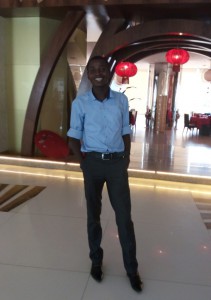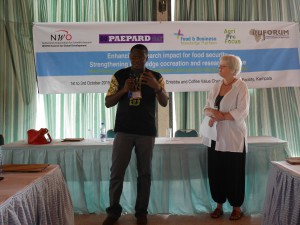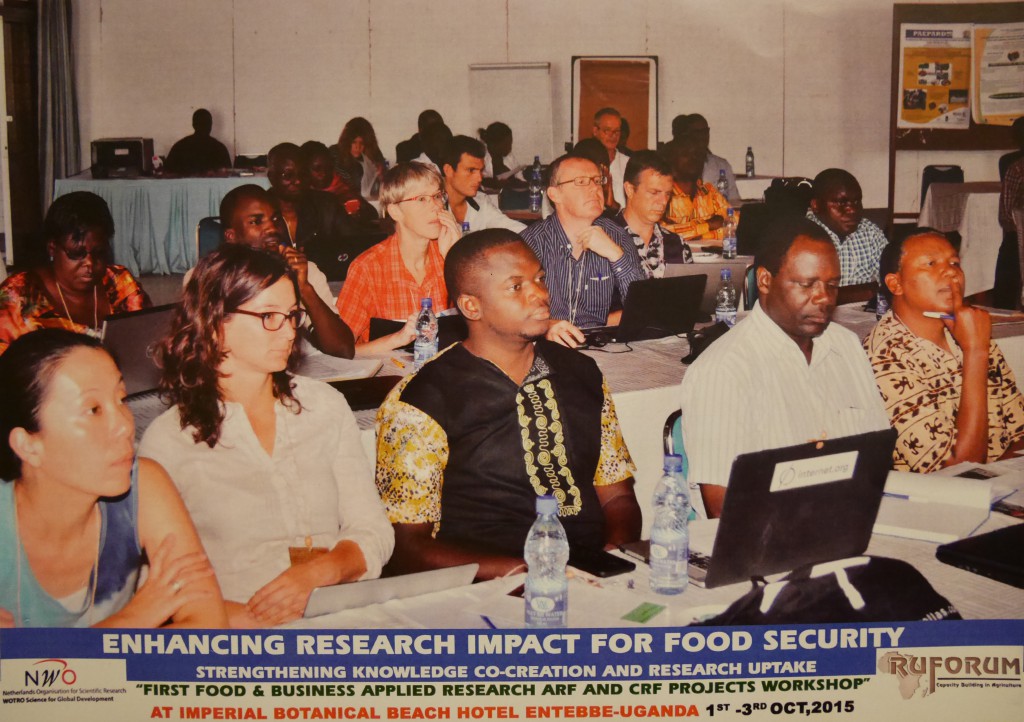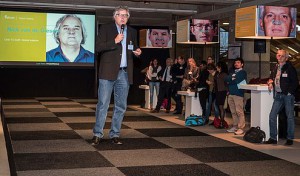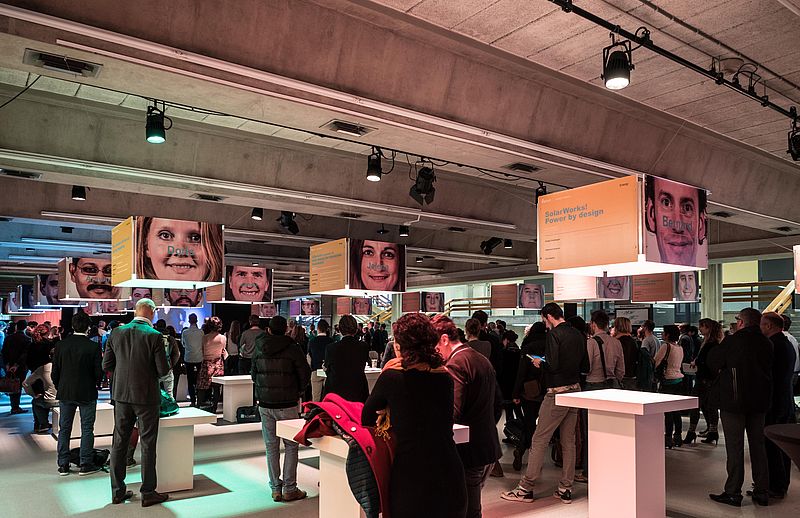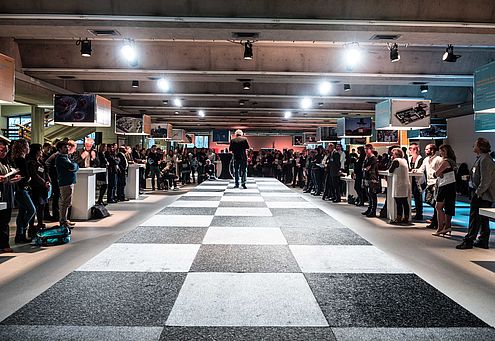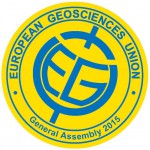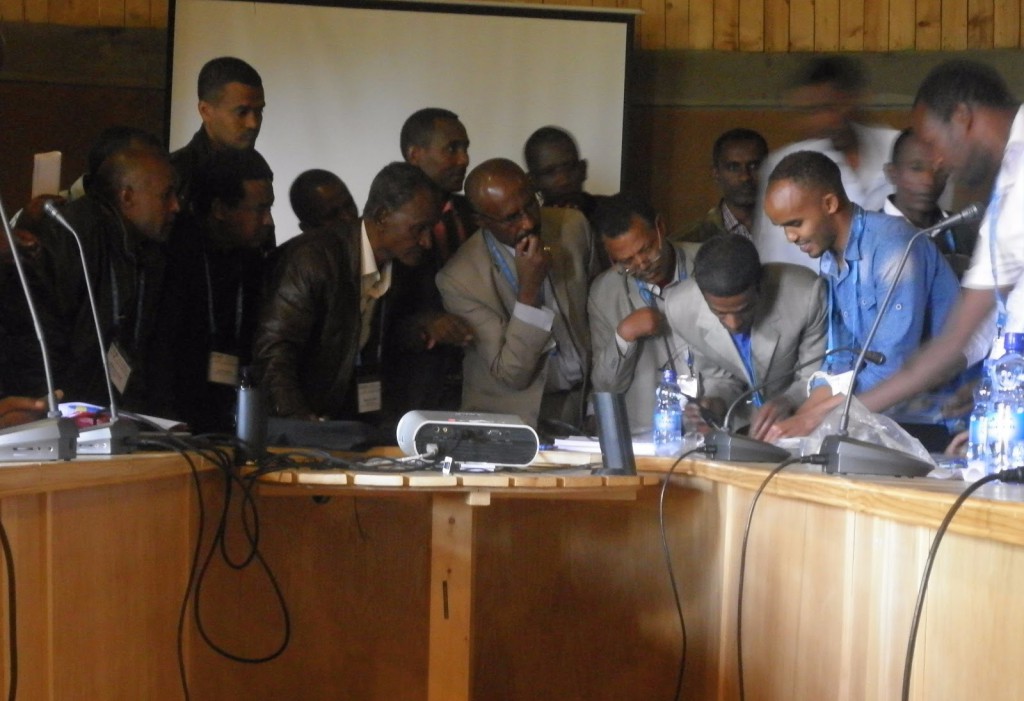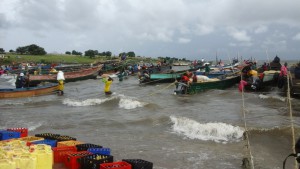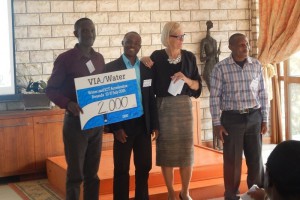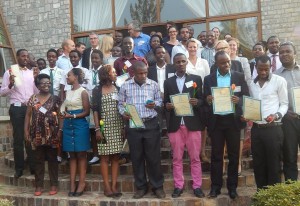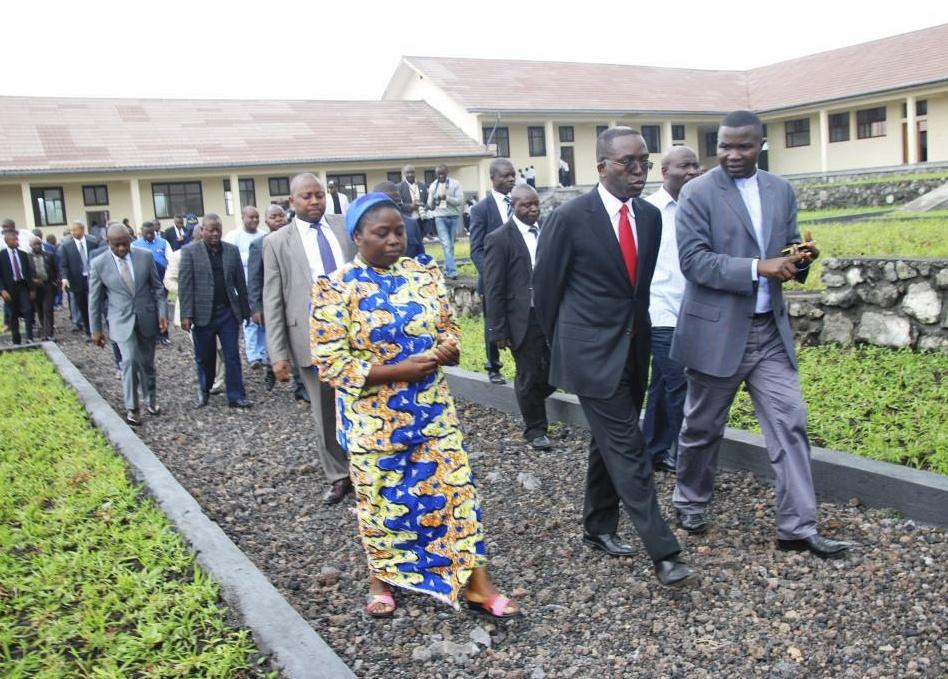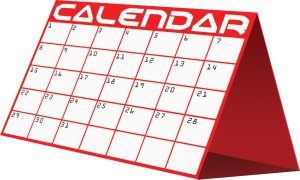 TAHMO is attending various events, conferences, and seminars. Do you want to know when/where to find us? Please see the list below.
TAHMO is attending various events, conferences, and seminars. Do you want to know when/where to find us? Please see the list below.
- AGU Fall meeting, December 14-18 – San Fransisco
https://agu.confex.com/agu/fm15/meetingapp.cgi/Paper/76482 - GRP Kick-off meetings, January 20-22 – Kampala
http://www.globalresiliencepartnership.org/teams/meteorological-early-warning/ - School2School Teacher training in collaboration with GLOBE, January 25-27 – Nairobi
http://www.globe.gov/

